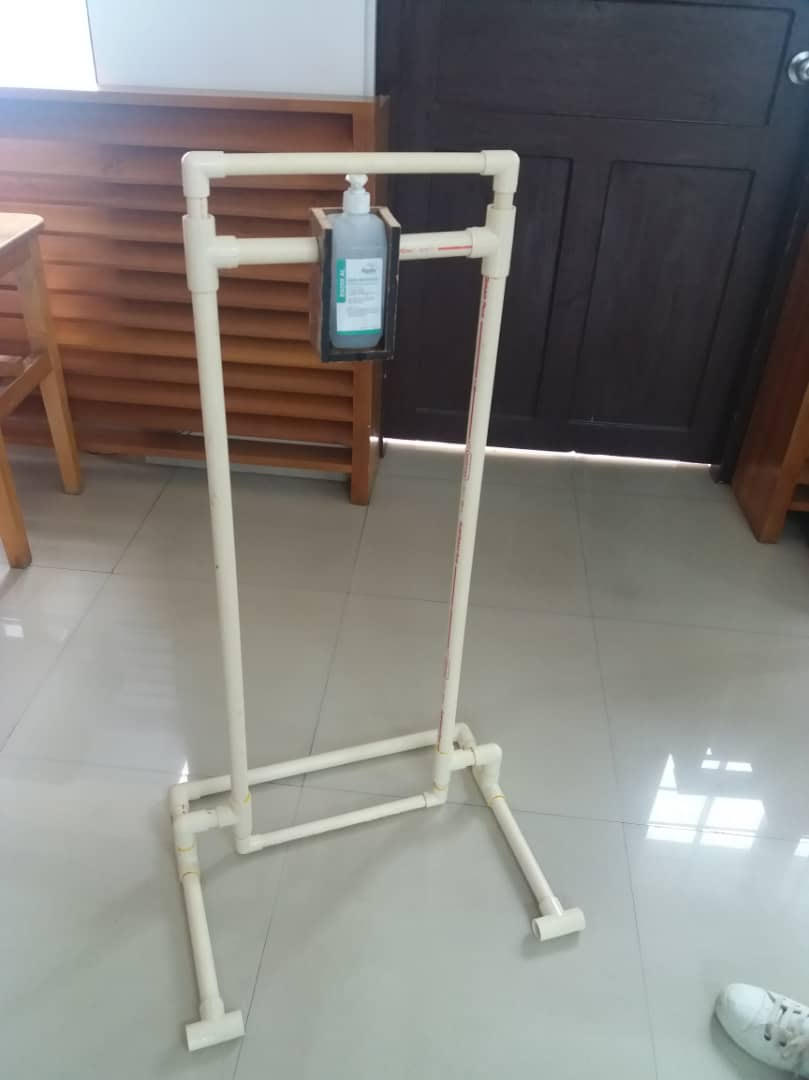Location(s)
Tags
SDG(s)
Sustainable Development Goal(s)
Powered by


SDG(s)
Sustainable Development Goal(s)
 1No poverty
1No poverty 3Good health and well-being
3Good health and well-being 5Gender equality
5Gender equality 6Clean water and sanitation
6Clean water and sanitation 9Industry, innovation and infrastructure
9Industry, innovation and infrastructurePlease be aware that the content herein has not been peer reviewed. It consists of personal reflections, insights, and learnings of the contributor(s). It may not be exhaustive, nor does it aim to be authoritative knowledge.
DESCRIPTION: What did you observe, or what did people write or say?
PHOTO/ ILLUSTRATION: Please provide a photo or an illustration of what you observed.

NEED: What need does this answer?
INSIGHTS: What lessons can be learned from this observation?
Comments
Log in to add a comment or reply.